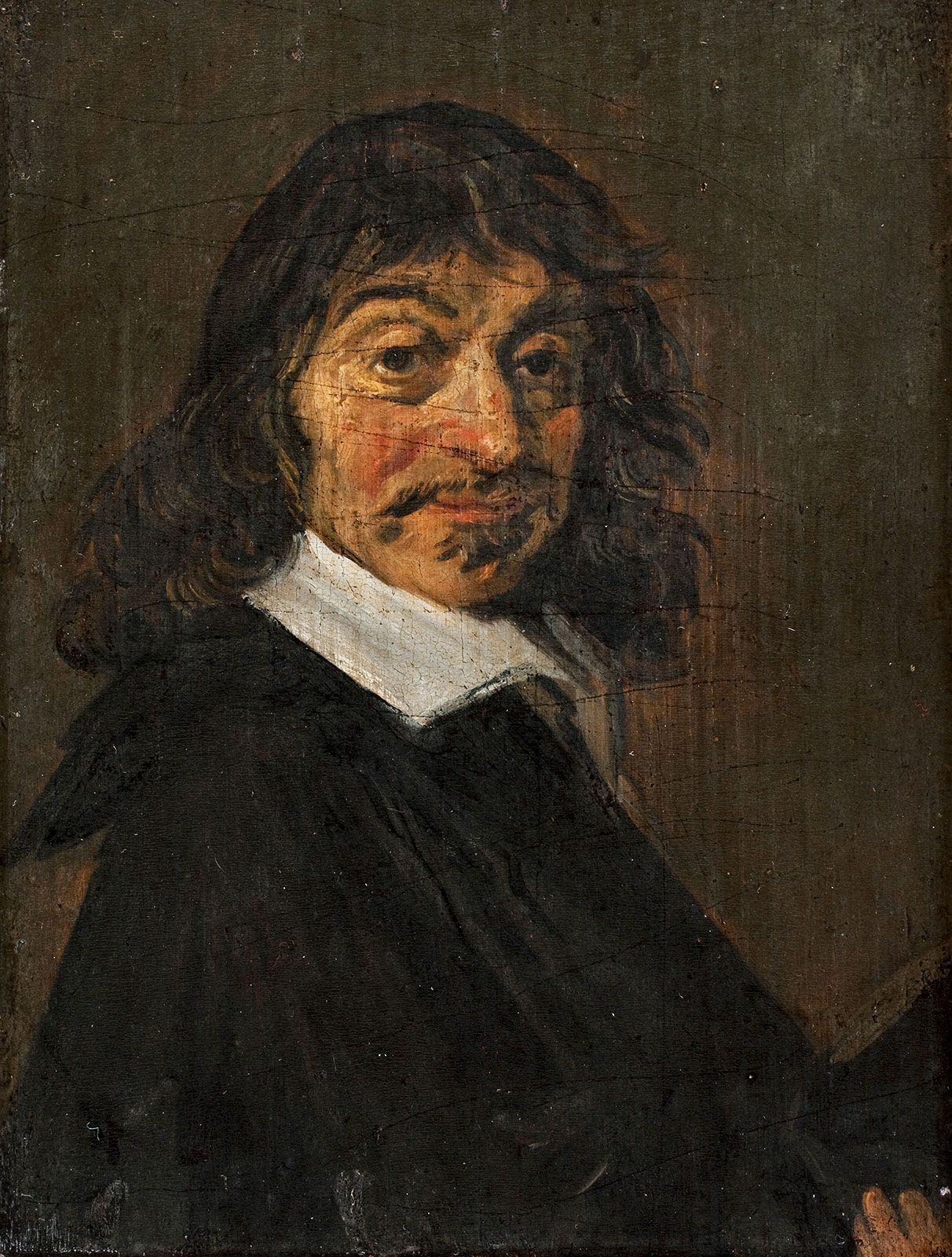
René Descartes is frequently recognized as a pivotal figure in philosophy, especially known as the pioneer of modern philosophy. Nevertheless, his significant contributions to mathematics, optics, physics, and astronomy are also remarkable, though often eclipsed by his philosophical influence. Descartes’ scientific endeavors covered a broad spectrum, demonstrating his engagement with the scientific advancements of his era.
After his crucial interactions with Isaac Beeckman between 1618 and 1619, Descartes emerged as a proponent of the corpuscular mechanical philosophy, a viewpoint that would significantly affect his subsequent writings. Although historical evaluations have criticized much of his physics as erroneous, Descartes’ scientific heritage endures, especially through the impact his concepts had on peers and successors such as Christiaan Huygens and Isaac Newton.
Descartes’ ambitious undertaking, “Le monde,” sought to deliver a thorough overview of his philosophical and scientific revelations. Finished in 1633, it was kept from being published due to the condemnation of Galileo’s heliocentric theories. Nonetheless, portions of its material surfaced in his 1637 works “Discours de la méthode,” “La Dioptrique,” and “Les Météores.”
Descartes’ physics is encapsulated in his later publication, “Principia Philosophiae.” This work is segmented into four parts covering human existence, material attributes, the observable universe, and Earth. Within this structure, Descartes introduced innovative concepts, specifically denying the existence of a void and asserting a universe brimming with particles.
His motion laws, presented in “Le monde” and subsequent writings, subtly align with Newton’s first law of motion, though Descartes based all movement on contact and dismissed a universe filled with voids. His collision theories in “Principia Philosophiae” outlined several principles governing physical interactions, reflecting his mechanical viewpoint on natural phenomena.
Descartes’ cosmology, rooted in vortex theory, maintains that a complex, particle-laden universe is overseen by divine power. Although speculative and devoid of empirical backing, this model remained influential until Newton’s fundamental forces were accepted.
Descartes’ scientific ventures illustrate a complex endeavor to systematize nature through a mechanical perspective, significantly impacting the scientific discussions leading up to Newton’s integration. His scientific pursuits, while occasionally flawed, epitomize a dynamic intersection of philosophy and emerging scientific exploration in the seventeenth century.